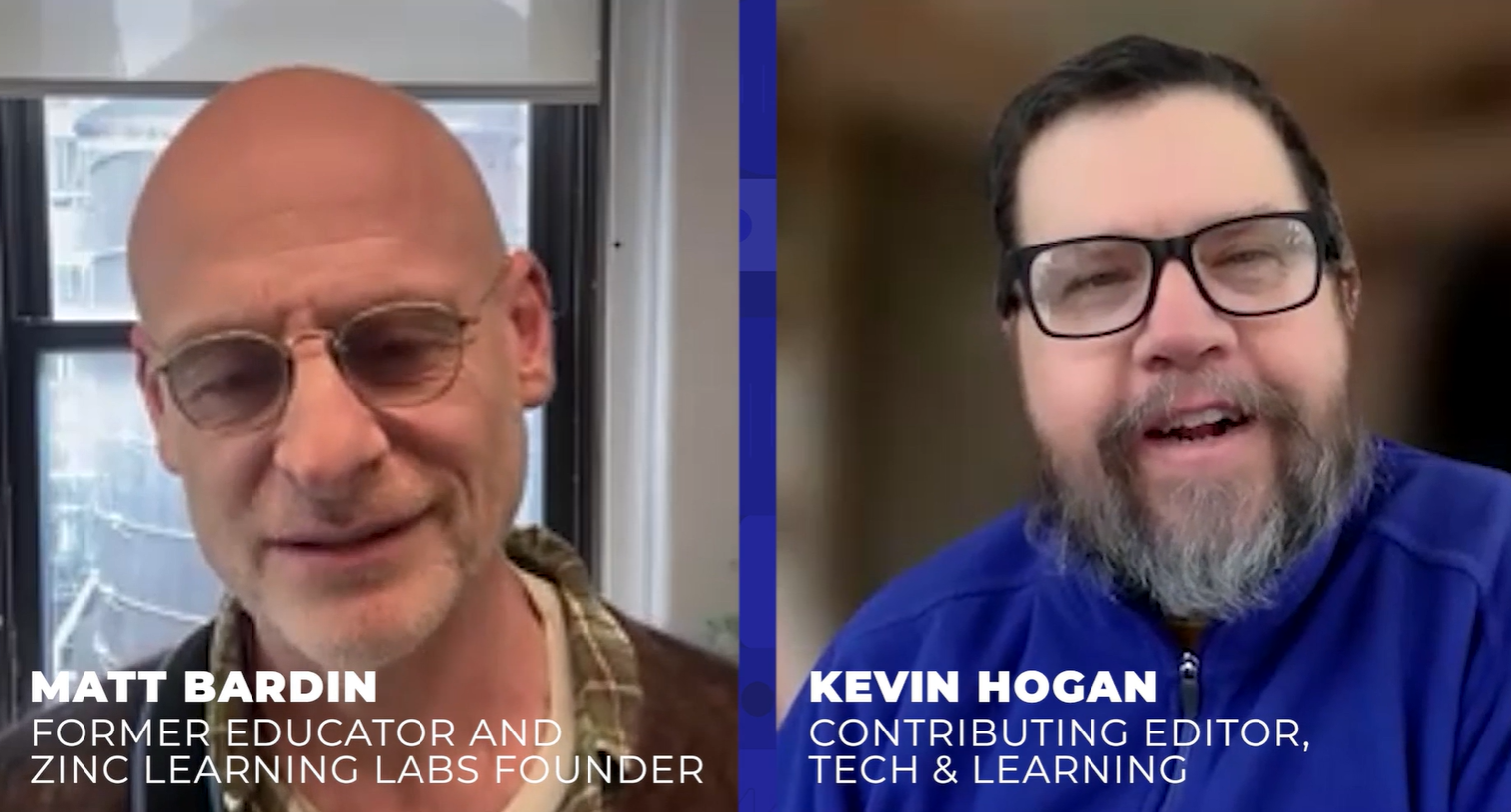DAILY INSIGHT: Identity crisis at ISTE 2012
By Jason Epstein, CIO Advisor
I had an identity crisis at ISTE 2012 in San Diego. I registered on Friday, received my name badge and wore it the whole time, so I knew who I was. In fact, I did not know that I was having an identity issue until midway through the conference. By the end of the first full day—Monday, June 25—I was truly in a quandary.
In a previous blog post, I wrote about the many facets of my job. I spoke about the technology vision, the knowledge of integration, the understanding of networking, library systems, laptop use (in my case), and other areas. As CIO I also need to manage a team and articulate a vision of how all of these elements work together to promote the mission of our school. From that post, one would think I have a fairly clear sense of my identity as CIO, and in fact before ISTE 2012, I did.
When I began to look at the amazing people that I was networking with at ISTE 2012, I realized that there are very few who share my title; in fact, there are more titles than I could have imagined. When you begin to look at the ISTE attendees—integrators, librarians, facilitators, teachers, principals, early adopters, and other education and non-education people—it’s no wonder I was having an identity crisis. When you mix the variety of titles, roles and expectations and try to set strands and tracks and neat packages of workshops to fit every niche, inherently there is chaos. I know it would be easy for me to use the Breakfast Club model (one of my favorite flicks) and say I am a bit of everything, but we all have jobs to do and continual growth is the name of the game.
Herein lies the dilemma: Where were the sessions for the CIOs? I found sessions for teachers, facilitators, leaders (principals and district folks), but not too many for CIOs. I don't want you to think I am complaining, as there were some incredible sessions that I went to that helped me to grow in many of the facets of my job. In fact, the sessions I attended gave me access to many of the people I admire and want to hear from. They also allowed me to meet new colleagues who I am grateful I know now. However, all along I felt that there was nothing directed toward me, toward the CIO, that spoke to the orchestration we do, and that was where I began to question my identity.
As I met the dynamic movers and shakers at ISTE 2012 I realized that there were many people representing a variety of roles. I saw a plethora that were categorized as CIO, CTO, district leader or some other designation that put them in a role of technology leadership. This representation was fantastic, but what was missing were the concurrent sessions, Special Interest Groups (SIGs) or other ways for our demographic to meet and network. In fact, my identity crisis intensified when I realized how very different each job description truly was. Some of us are administrators; some of us are technology leaders. Some of us make purchasing decisions and others make recommendations. One of the most distinct differences is how many people each one of us works with—from one-person "crews" filling every role in our schools to those leading full teams of specialists.
I cannot imagine that I am the only one who feels this disparity in our individual roles or the only one who feels a bit of confusion at the larger ed-tech conferences. I am lucky enough to have a group for technology administrators in my state, METAA, that is affiliated with CoSN. However, even within this group we are faced with a variety of titles, job descriptions and team sizes.
Tools and ideas to transform education. Sign up below.
I think we are in need of a more unified voice. School CIOs, CTOs, tech leaders or whatever role you identify with need to come together as a unified voice for schools in a digital world. What I learned from ISTE 2012 was that I was indeed questioning something; I was questioning what the evolving role of the School CIO is, and why we are often merged into other groups. There are resources available for School CIOs, but the reality is that this identity crisis will continue as long as we have problems identifying ourselves as a single demographic and, more importantly, having a vocal presence internationally at conferences and workshops.
Jason Epstein is CIO of Worcester Academy in Massachusetts. This blog is cross posted at teachtalk.
